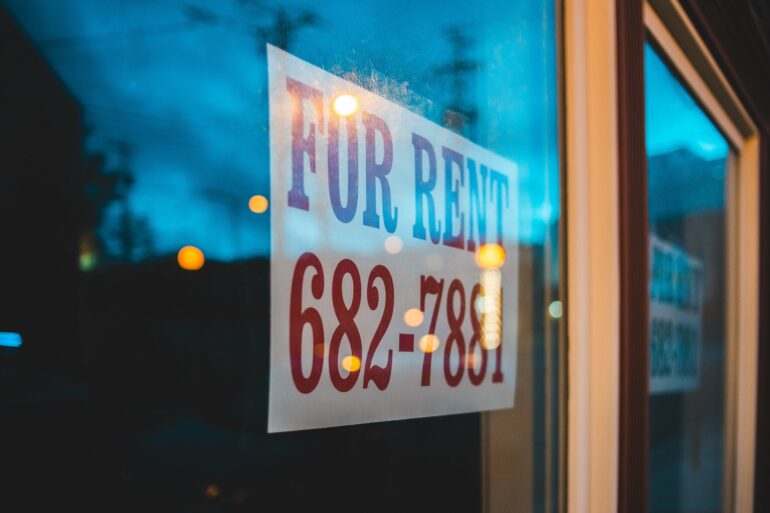Of all the reasons it could be hard to pay rent each month, did you have an algorithm-powered illegal cartel on your list?
Millions of people across the United States are paying far more rent than they can reasonably afford, with rental housing prices rising far quicker than household income. In 2022, 22.4 million U.S. households were spending more than 30% of their income on rent and utilities, up from 20.4 million in 2019.
Many of these households faced severe cost burdens, with an all-time high of 11.6 million struggling with housing costs that consume more than half of their income. In Chicago, Cincinnati, Minneapolis, Virginia Beach and Washington, year-over-year rental prices are climbing at double-digit rates.
Several factors drive the high cost of rentals, including increasing demand, a dwindling supply of low-rent units, the rising cost of capital to build new rentals, and regulatory barriers restricting the construction of multifamily units.
But there’s another surprising factor driving up rental prices: landlords colluding with the help of technology. The U.S. Justice Department is suing the company RealPage, Inc., accusing it of selling software to landlords that allows them to collectively set prices – the illegal practice of price-fixing. As a former official in the Justice Department’s Antitrust Division and a law professor, I’ve been following the case closely.
The perils of price-fixing
The Federal Trade Commission defines price-fixing as an agreement, conspiracy or combination among competitors to raise, fix or otherwise maintain the price at which their goods or services are sold.
Any agreement that restricts price competition violates the antitrust laws. Examples of price-fixing agreements include commitments among competitors to hold prices firm, adopt a standard formula for computing prices, or adhere to a minimum fee or price schedule.
So when competitors share proprietary, confidential current price information – directly or indirectly through an intermediary – to stabilize or control industry pricing, they have crossed the line into illegal collusion, according to the FTC. That is the case in major portions of the U.S. rental market, the Justice Department argues.
One algorithm for all
In August 2024, the Justice Department and eight states filed a lawsuit in a federal court in North Carolina against RealPage. The Justice Department accused the company of selling software to landlords that collects nonpublic information from competing landlords and uses that combined information to make pricing recommendations.

Attorney General Merrick Garland, Deputy Attorney General Lisa Monaco and Acting Associate Attorney General Benjamin Mizer at a news conference about the Justice Department suing RealPage on Aug. 23, 2024.
AP Photo/Mark Schiefelbein
Landlords who use the software input the rental prices they charge, and the software aggregates all the data…



